
I teach a high school Sunday School class at my church, and recently we have been discussing topics raised in the book "Speaking of Faith" by Krista Tippett. In one of her chapters that discusses science and religion, she recounts several conversations she had with Lyndon Eaves, a professor of human genetics at Virginia Commonwealth University School of Medicine who also happens to be an Episcopal priest. I found this section of the book very interesting, as it raised a question I have asked myself over and over during the last six years of helping in China. Why do some people want to get involved to make a difference while others aren't bothered at all by those in need?
Mr. Eaves raises the point that through our mapping of a human's DNA, we can identify the genes for physical traits or for a person's IQ. But he asks the very interesting question of where are the genes that give us a passion for justice or the genes that cause someone to have a kind heart?
In my discussions with my class, I told them that most of us grow up hearing that people are the way they are either due to genetics or environment. After reading this part of the book, I began reflecting on the fact that we all know families who have 2-3 children who are loving and kind but then one child who just doesn't care about anyone else but himself or herself, and who even might be....well.....mean. Does that rule out the environment argument for a person being kind? I asked the high schoolers in my class where they think true compassion comes from. Can someone be taught to be compassionate? Do you think a desire to help others is part of a person's DNA and they either have it or they don't? Why do some people feel burdened to help those in need while others have no desire to ever get involved? What are your thoughts?
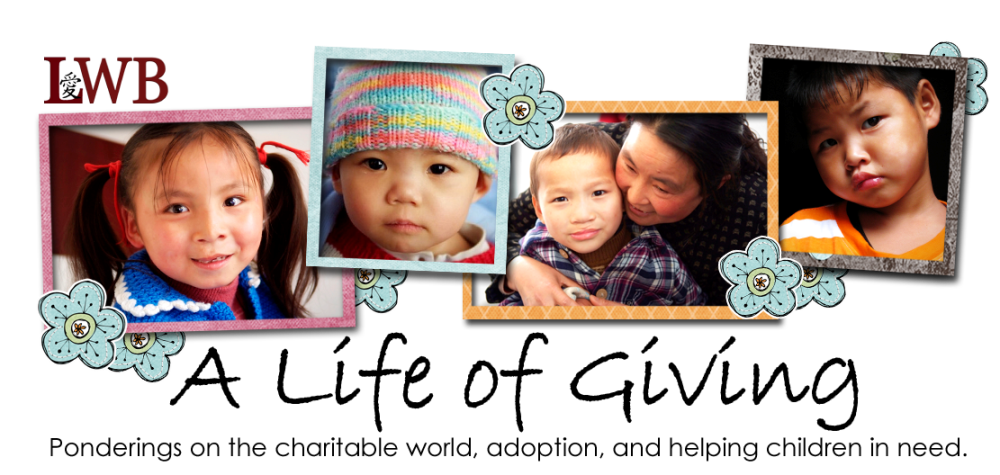
 The Compassion Gene?
The Compassion Gene?




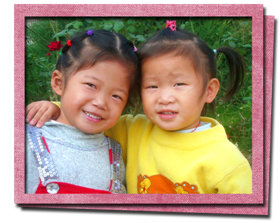
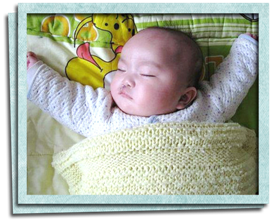
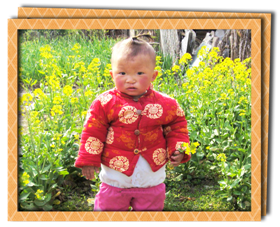

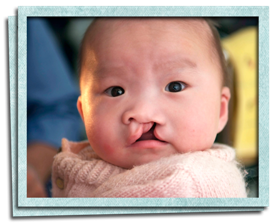
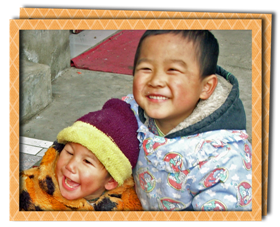
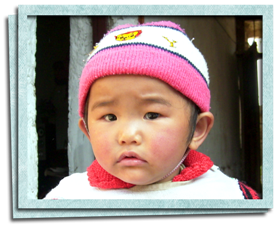
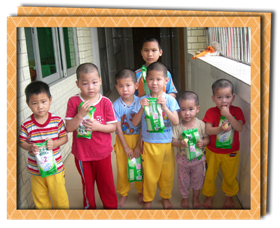
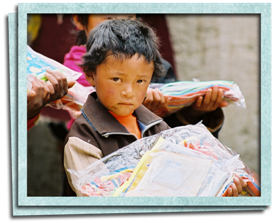


As with most other things, I think it is a combination of nature (DNA) and nuture (environment). You can have the innate desire to help, but having a real life example of someone important to you doing something that impacts the lives of others shows you how. We see this at LWB as we see the children of the volunteers also volunteering or fund-raising.
ReplyDeleteMy dad was my example. He would often do non-random acts of kindness whereever he saw a need...a single mom struggling to make ends meet might find an envelope in her pocket with a little spare cash, a first year teacher would have a listening experienced ear to help them through the tough spots with the kids, and an older friend might get invited along for shopping trips with a little extra help carting the bags.
Ah, my dad would have loved LWB work!
I have been thinking about this for a couple of days... you know when a thought just gets stuck in your head and you find yourself coming back to it, again, and again, and again... and again... ;)
ReplyDeleteI am beginning to settle that a lot of compassion comes from lived experience. I am thinking of my work in youth ministry. When I think about some of the Middle Schoolers that I have been on mission trips with, I am amazed at how transformative the experience of serving others can be for them.
One girl in particular has come to mind for me. She was in seventh grade, and her name was Kim. Our mission trip that year was to the Texas gulf coast, right after hurricane Rita had devestated the area. She was extremely excited to go on the trip - telling all her friends that she was going to the middle of the disaster area, followed by her excitement about how good her tan was going to be after spending all her time at the beach. Needless to say, when she learned about our living quarters for the week and that we were not going to be spending much time at all at the beach, she began to complain! The trip was all about her, as was the rest of her life. (This is not a statement made in judgement, this was just where she was at...)
We arrived in Beaumont, TX and got assigned to mission teams. The first couple of days were awful for Kim's team, because she did nothing but complain as they worked to paint an elderly woman's home. But, on the third day of the trip, the owner of the home made a surprise visit, and as she walked into her newly painted living room, Kim and the rest of her team were there to greet her. The woman sat down in the middle of the floor and began to weep, as she began to express her gratitude. She told the kids that she never thought she would be able to live in her home again. She thought all of her memories of times past were destroyed by the storm, but when she walked in and saw the living room restored, she was given hope. It was the first time she had had hope since Rita had taken everything.
Kim shared this story with us that evening, and told us how her whole outlook on life had changed. "Having the opportunity to serve someone and help them find hope again is the most important thing I can do," she said. And when we got home, her parents even noticed a difference.
I agree with Nancy on this, it is probably a result of both genetics and the environment you were raised.
ReplyDelete